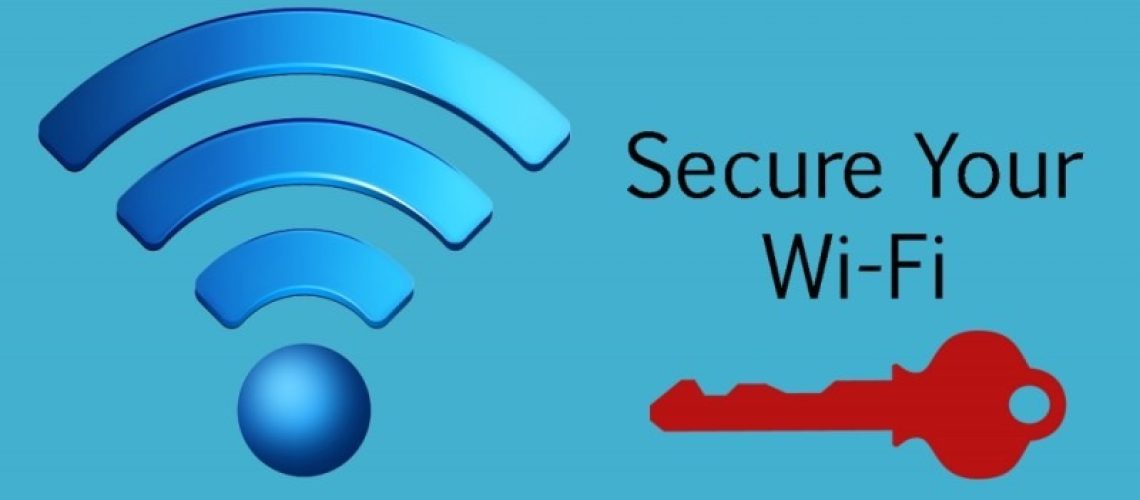Secure Your Wi-Fi Network
Description
Securing your Wi-Fi network is essential to prevent unauthorized access to your internet connection and connected devices. A secure Wi-Fi network helps protect your personal and sensitive data from being intercepted or compromised by cybercriminals.
Why It’s Important
- Prevents Unauthorized Access: Securing your Wi-Fi network with a strong password prevents unauthorized individuals from accessing your internet connection and potentially infiltrating your devices.
- Protects Data Privacy: A secure Wi-Fi network ensures that your personal and sensitive data transmitted over the network, such as passwords, financial information, and private communications, remain confidential.
- Prevents Network Intrusions: You can reduce the risk of network intrusions and cyber attacks by implementing security measures such as encryption and network segmentation.
How to Secure Your Wi-Fi Network
- Change Default Passwords: Replace default passwords on your router and Wi-Fi network with strong, unique passwords that are difficult to guess.
- Enable Encryption: Enable Wi-Fi Protected Access (WPA) or WPA2 encryption on your router to encrypt data transmitted over the network and prevent eavesdropping.
- Hide Your Network SSID: Disable broadcasting the network name (SSID) to make it less visible to unauthorized users.
- Use Guest Networks: Set up a separate guest network for visitors to isolate their devices from your main network and protect your private information.
- Update Router Firmware: Regularly update your router’s firmware to patch security vulnerabilities and ensure it has the latest security features.
- Disable WPS: Turn off Wi-Fi Protected Setup (WPS) on your router, as it can be vulnerable to brute-force attacks.
Additional Tips
- Monitor Connected Devices: Regularly check the list of devices connected to your Wi-Fi network to identify any unauthorized devices.
- Limit Physical Access: Place your router in a secure location and consider using physical security measures such as locking it in a cabinet or using cable locks.
- Use MAC Address Filtering: Restrict access to your Wi-Fi network by only connecting specific devices with known MAC addresses.
Conclusion
Securing your Wi-Fi network is essential for protecting your devices and personal data from unauthorized access and cyber threats. By implementing security best practices such as using strong passwords, enabling encryption, and updating router firmware, you can create a safer and more secure wireless environment for yourself and your network users.


